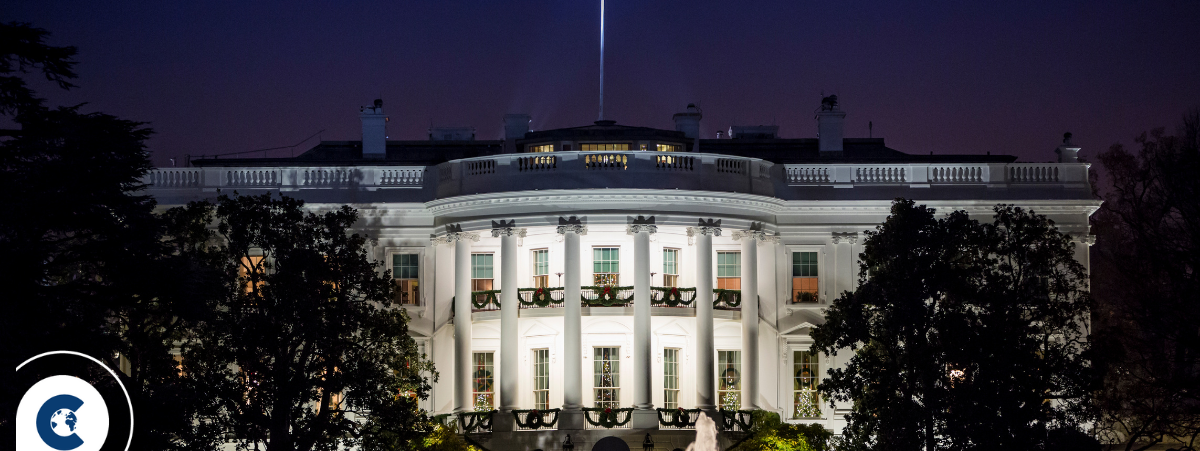COP27 is now in full swing, and ClimateTrade is actively participating in discussions about carbon markets and the sustainable future of our planet.
At an Innovation Zone panel on the integrity of carbon markets, organized by Climate Action within the scope of the Sustainable Innovation Forum, our CEO Francisco Benedito shared the stage with other key actors in the ecosystem. There, he explained the role of blockchain technology in supporting the transparency of the market.
“The carbon market isn’t about carbon: it’s about generating impact. And blockchain is just technology: it needs quality impact data to perform efficiently. Data from the Internet of Things, sensors, or even drones can help monitor the climate impact of carbon credit generation. But the great thing about blockchain is that it allows connectivity to all these data sources, and stores this information on an immutable ledger, allowing real-time communication and transparency,” Benedito noted.
Obstacles to carbon market adoption
The carbon credit market began two decades ago with the implementation of the Kyoto Protocol, but voluntary offsetting took a long time to reach some momentum: its value is estimated at around US$2B in 2022. Asked what has caused this delay, panelists at the COP27 Sustainable Innovation Forum event shared a variety of opinions.
Dr Suzi Kerr, Senior Vice President and Chief Economist at the Environmental Defense Fund, believes it’s a matter of institutions: Carbon is not a palpable thing, it’s something people must believe in, in the same way money is also an imaginary thing we all believe in. We haven’t yet created the institutions to make carbon as credible as money is,” she said.
Meanwhile, several other speakers agreed that the market’s lack of standardization was its biggest obstacle. “Carbon offset quality and pricing are currently not clear, but blockchain can bring this transparency and trust to help develop the market faster and cheaper,” noted Angelene Huang, CEO and Founder of the Alliance for Impact,
Carbon credit quality and accountability
While he admitted that the ability to track credits once they are generated is key for broader adoption Dr Spencer Meyer, Head of Science at NCX, emphasized the need to ensure the quality of carbon credits at the source. “We need to leverage technology available today that wasn’t available when carbon credits were just being developed. The certification system has to evolve along with the technology.”
Panelists also insisted on the importance of accountability, of knowing exactly who is responsible for what along the carbon credit supply chain. “The person who cares about the quality of the credit is not the buyer, ultimately it’s all of us. Civil society and governments as our representatives have to determine the quality of those credits. We need to think about the system as a whole and define radical new models,” said Dr Kerr.
Carbon offset pricing and equity
The panel’s moderator, Satya S. Tripathi, Secretary General of the Global Alliance for a Sustainable Planet, went on to discuss the broad variety of prices for carbon credits on the voluntary market, and the question of equity within this pricing model.
Some speakers noted that all supply chains have several layers of value, meaning that the producer of any item gets only a percentage of its final price due to distribution, shipping or even marketing costs – and that carbon credits are no exception.
But others called for systematic rules and regulations to improve and standardize pricing and ensure those generating carbon credits get fair compensation. “Price has not reflected quality in the past, it needs to be significantly higher to create meaningful change. The last thing we want is for the carbon market to become the next extractive industry,” stressed Dr Meyer.
Benedito noted that ClimateTrade’s blockchain marketplace allows project developers to set their price on the carbon credits they are selling, to avoid too much speculation and brokers increasing prices. “Price is about the quality of the project but also a lot of intangible aspects that have to be taken into account,” he added.
In the end, all speakers agreed about the importance of the interplay between equity and price in order for the carbon market to match its ambition of actually mitigating climate change.







